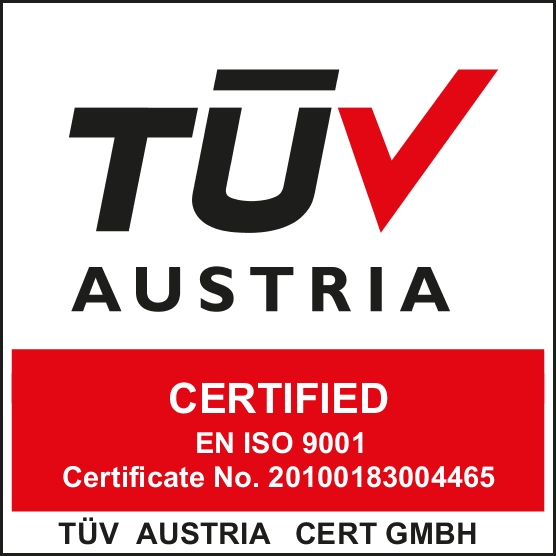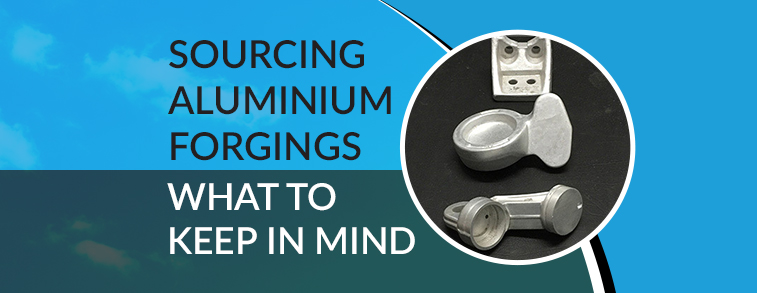- sales@indiaforging.com
- +91-98817-01007 / +91-253-2310221 / 2310275

BLOG
Sourcing Aluminium Forgings? What To Keep In Mind

Forging is a manufacturing process where metal is pressed, pounded or squeezed under great pressure to produce high-strength parts. Forged aluminium is ideal for applications where performance and safety are critical but a lighter-weight metal is needed for speed or energy efficiency.
Forging is now a major global industry, supplying components for many of the world’s most innovative products and industries: automotive, truck & bus, defence, aerospace, and energy. This makes it imperative for supply chain professionals sourcing aluminium forging alloys to understand the process types, value stream map, technical advantages, and early supply partner involvement to effectively execute strategic procurement.
Value Stream Map
To gain a better understanding of the process flow, let’s break it down into steps. Before the forging process can even take place, the forging company must source the aluminium alloy from a qualified service center. Once this relationship is built, the forging company will begin receiving shipments.
Technical Advantages
It is critical to understand how and why certain components are best suited for the forging process and how to use this process as a competitive advantage to drive out waste in the supply chain by ensuring the right process is paired with the right part. As opposed to using alternative methods, such as die casting to manufacture the parts required for a final assembly, forging brings a variety of financial benefits.
Communication and co-operation
Buyers and producers of aluminium forgings need to work closely to ensure the buyer receives the best product at the best possible price. As advancements in forging methods and materials continue to improve the process, collaboration is more crucial than ever before. By being aware of these advancements and working closely with the forger, the engineer or purchaser can ensure delivery of high-quality products while keeping the cost low.
The Design
An experienced and capable forging engineer should be able to make design suggestions with the purchasers’ best interests in mind. They should be able to simplify processing, reduce required machinery and ensure speed-of-delivery. It might be possible to achieve high-level performance benefits of a forging without significantly increasing material or production costs over those associated with other processes. It is important to get the forger involved in the early stages of the design process. The benefits might vary depending on the complexity of the part and the forging process used. For example, impression die forgings may benefit more dramatically than open die products. But again, this is exactly why it is important to consult with the forger to completely understand the benefits and which forging process to choose.
Make sure you clearly express how the desired aluminium forging will be used – the operating environment and critical mechanical properties. The forger needs to clearly understand the service stresses like load-bearing, power transmitting, impact, hydraulic pressure, operating temperatures, corrosive condition and the stress locations. This will help the engineer design and pass on suggestions to improve the overall product while reducing manufacturing costs.
Summing up
Supply chain professionals should be well-versed with the above key considerations before sourcing a forging. There must be cross-functional team awareness on the true cost and not just the short-term piece price cost to ensure long-term forging supply success. Forgings are unique and every case must be analysed and clearly understood prior to starting the procurement process. Keep in mind these key considerations and you will be well positioned to offer your company the best supply options while driving down your forging true cost, which will create a win-win value and a better relationship across organization and supply partners.
Recent Posts
Please send us your queries or requirements on:
sales@indiaforging.com- soumil@indiaforging.com
Email:
- +91-98817-01007
- +91-253-2310221 / 2310275
Phone:
Aress High Duty Forgings Pvt. Ltd.
Address:
- E-27, MIDC, Malegaon, Sinnar, Nashik - 422103
Factory:
Unit No. 3, 1st Floor, Shivneri,
Next to Ramdas Colony Garden,
Canada Corner, Nashik - 422005


